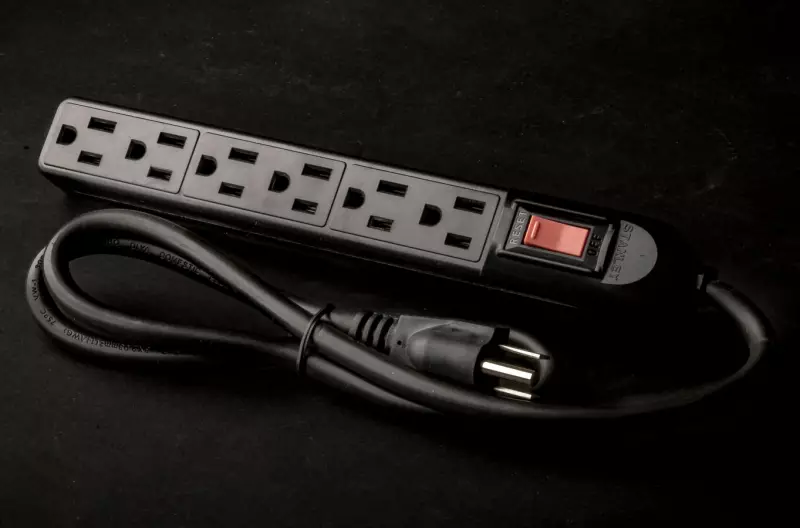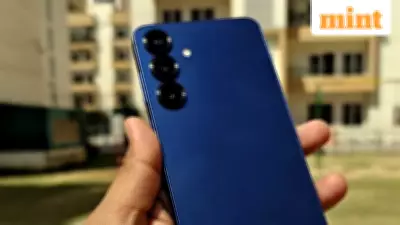
As winter tightens its grip across India, households increasingly rely on various electrical appliances to stay warm and comfortable. However, many homeowners unknowingly create dangerous fire hazards by plugging high-wattage devices into extension cords.
The Hidden Dangers of Extension Cord Overload
Extension cords are designed for temporary, low-power use, not for continuously running heavy appliances. During winter, when electrical demand peaks, the risk of overheating, short circuits, and electrical fires escalates dramatically.
7 Appliances That Demand Direct Wall Outlets
1. Room Heaters and Radiators
These power-hungry devices draw massive amounts of electricity, easily overwhelming extension cords. The sustained high current can melt insulation and cause fires.
2. Electric Geysers and Water Heaters
With power ratings typically between 1000-3000 watts, water heaters require dedicated circuits. Extension cords simply cannot handle this load safely.
3. Air Conditioners (Winter Mode)
Even in heating mode, AC units consume substantial power. The compressor startup creates massive current surges that extension cords aren't built to withstand.
4. Microwave Ovens
Modern microwaves can draw 1500 watts or more during operation. This sustained high wattage makes them extremely dangerous when connected through extension cords.
5. Electric Kettles
Popular in Indian households, electric kettles pull significant current to boil water quickly. The combination of high wattage and potential water exposure creates multiple risks.
6. Refrigerators
While not strictly winter appliances, refrigerators cycle frequently and draw high startup currents. Extension cords can't provide the stable connection these appliances need.
7. Washing Machines and Dryers
The motor loads and heating elements in these appliances create variable power demands that extension cords cannot safely accommodate.
Essential Winter Electrical Safety Tips
Always plug high-wattage appliances directly into wall outlets to prevent overheating and potential fires.
Check appliance power ratings before connecting them. Most extension cords are rated for only 10-13 amps, while heaters can draw 15 amps or more.
Use heavy-duty extension cords temporarily if absolutely necessary, but never as permanent solutions for high-power devices.
Inspect cords regularly for damage, discoloration, or warmth during use, which indicate dangerous overload conditions.
Install additional wall outlets where needed rather than relying on extension cords for permanent appliance connections.
Why Winter Increases Electrical Risks
Colder temperatures don't reduce electrical dangers—in fact, they increase them. As families use multiple heating devices simultaneously, electrical systems face unprecedented strain. The combination of space heaters, water heaters, and other winter essentials can push home electrical systems to their limits.
By understanding which appliances require direct wall connections and following basic electrical safety practices, Indian households can stay warm safely throughout the winter season.





